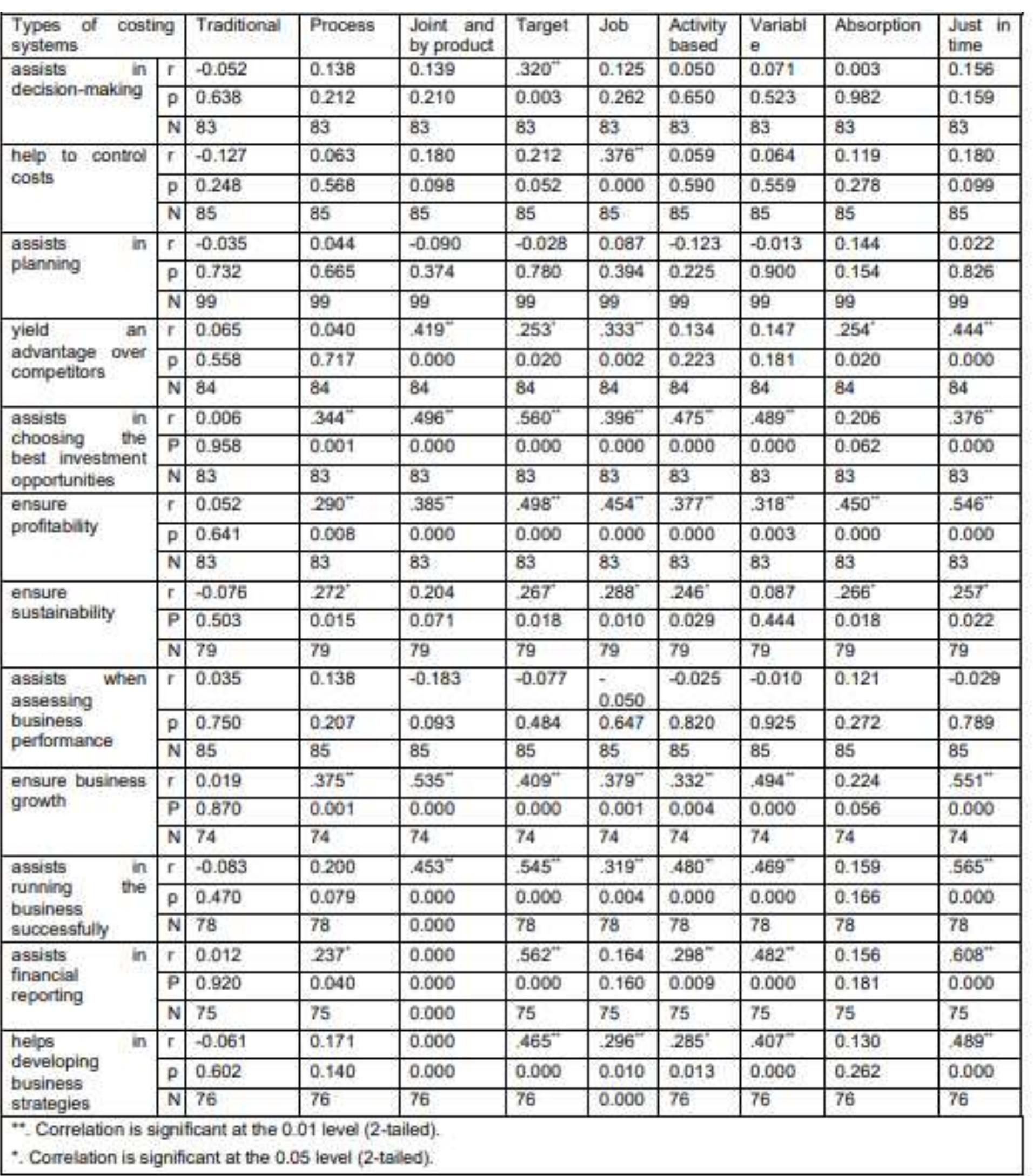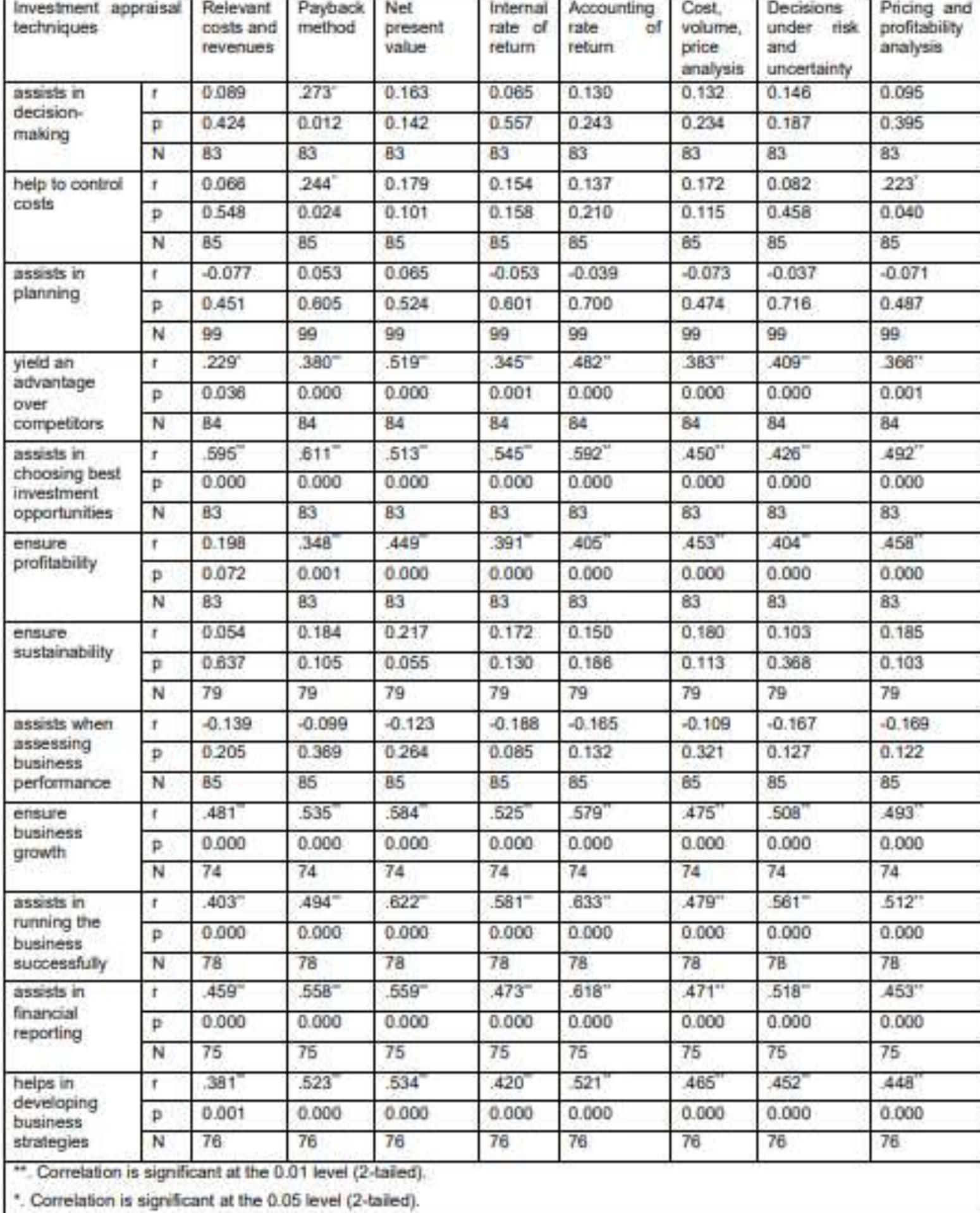Key research themes
1. How do strategic management accounting techniques impact cost control and competitive positioning in organizations?
This theme explores the application and effectiveness of various strategic management accounting (SMA) techniques—such as activity-based costing, quality costing, competitor cost assessment, and benchmarking—in enhancing cost control, strategic decision-making, and competitive advantage. It highlights how organizations implement and benefit from the synergistic use of multiple SMA practices to generate relevant and timely information aligned with strategic goals.
2. What is the nature of the relationship between traditional management accounting, strategic management accounting, and strategic cost management?
Research in this theme focuses on clarifying conceptual boundaries, overlaps, and distinctions among traditional management accounting (MA), strategic management accounting (SMA), and strategic cost management (SCM). It examines their evolutionary paths, defining characteristics, and interdependencies, highlighting how SMA integrates both internal and external information to support strategic decisions compared to traditional MA, while SCM is seen as a component or approach within SMA emphasizing cost-related strategic analysis.
3. How do configurations of strategy and strategic management accounting systems influence organizational performance?
This thematic area investigates the complex relationships between business strategy typologies, strategic management accounting systems’ design, and firm performance using configurational theory. Moving beyond traditional contingency theory’s single-fit-model, it explores equifinality—how multiple internally consistent combinations of strategic choices and SMA practices can yield similarly high performance outcomes, considering variables such as strategic type, market orientation, and strategy formulation deliberateness.




















































